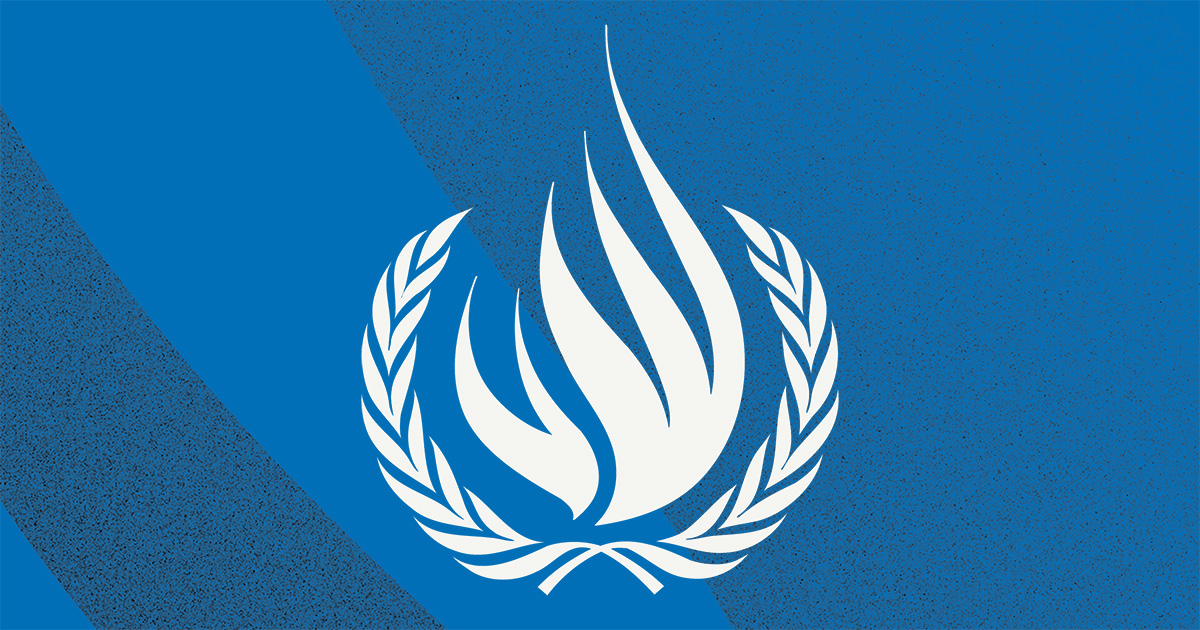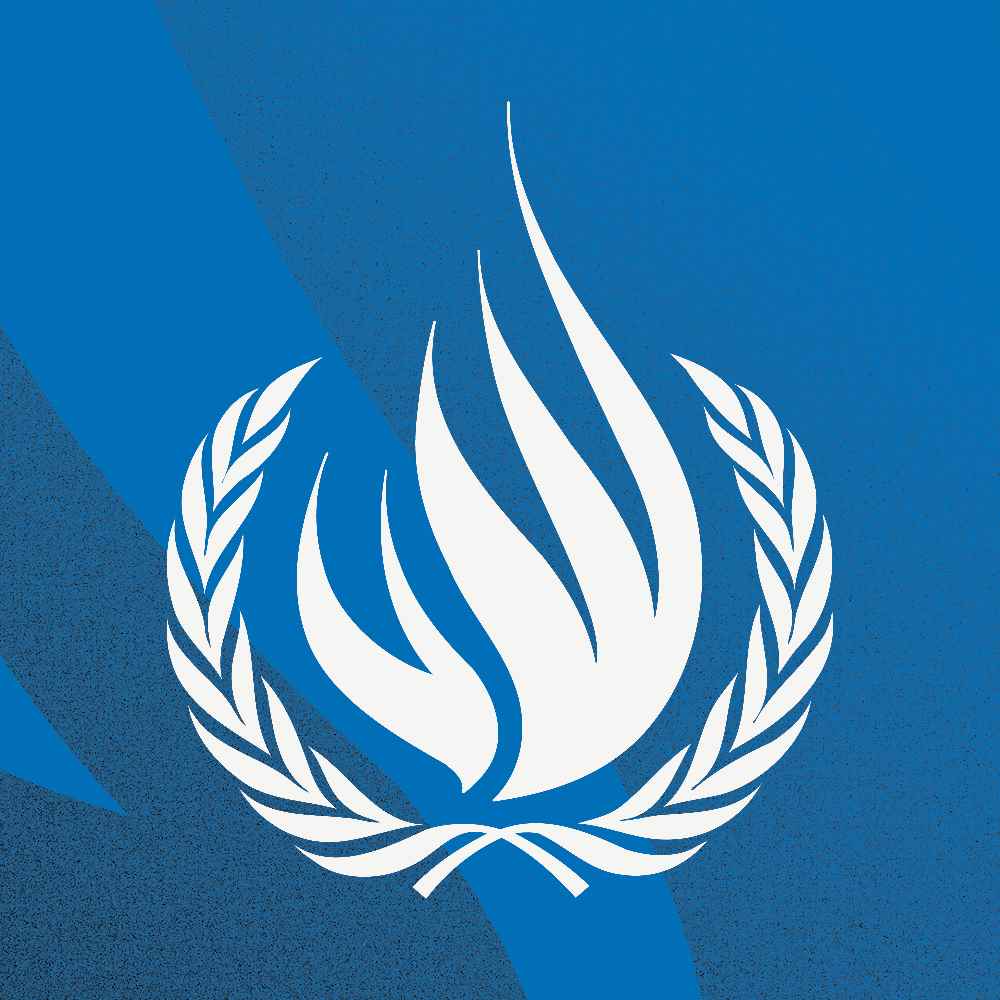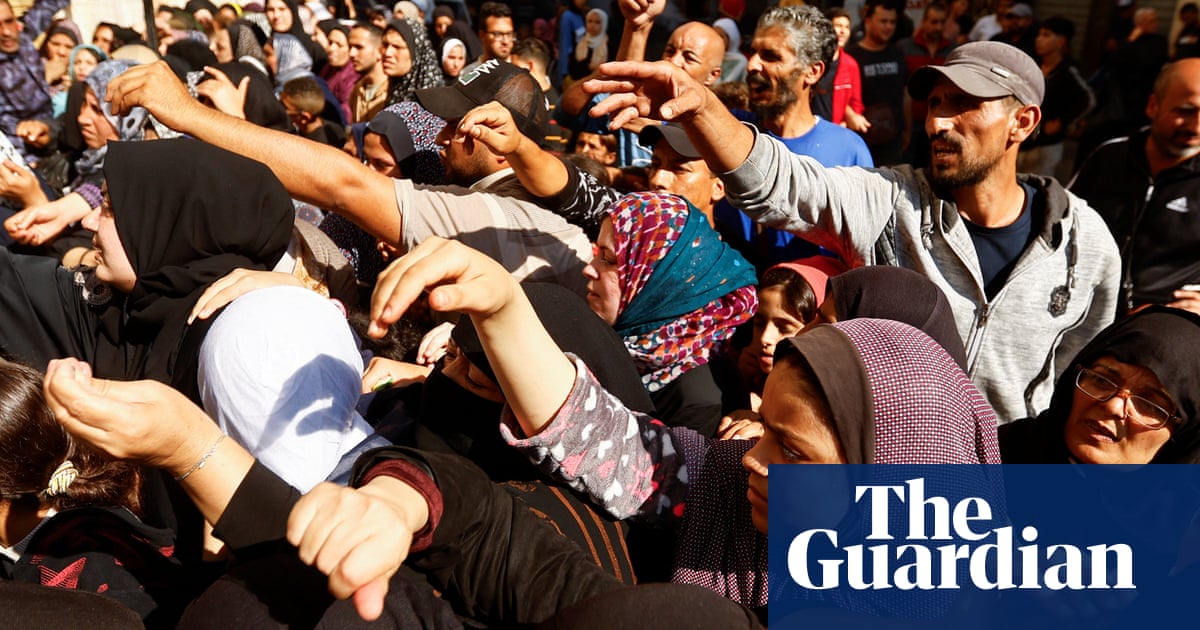
JUBA/GENEVA (29 July 2021) – The Commission on Human Rights in South Sudan expressed its grave concern today at the wave of extrajudicial executions being carried out by Government forces across Warrap State. Beginning in March this year and coinciding with the appointment of a new governor in Warrap, dozens of individuals including young boys have been extrajudicially killed. In almost all reported cases, the Commission found that members of the South Sudan People’s Defence Forces, the National Police Service, or the National Security Service either carried out or were present within the vicinity of the executions.
“Extrajudicial executions have been an on-going violation in South Sudan for several years”, stated Commission Chair Yasmin Sooka. “This escalation in extrajudicial executions that we are now seeing in Warrap is utterly disturbing and seems well-planned and coordinated. The executions, which are often announced to communities via megaphone, appear to be systematically ordered by the local government outside any judicial process; they are manifestly illegal, and deny suspects their due process rights. Alleged suspects – including children – are then lined up and publicly executed by firing squads, including in community markets, in the perverse belief that this might deter others from offending. This reprehensible practice evinces a complete disregard for the rule of law and the rights of the accused persons”, she added.
Across South Sudan, very weak institutional capacity, including of the judiciary, leads to prolonged delays in the delivery of formal justice and has contributed to a near total absence of the rule of law. Authorities are deliberately exploiting these weaknesses by resorting to extrajudicial executions to gain public support in certain communities, the Commission found.
“Some local communities concerned about criminality appear to support extrajudicial and unlawful executions because they have simply lost faith in the justice system. They mistakenly believe that such public executions will discourage others from offending and help restore law and order at the community-level”, said Commission Chair Sooka. “Perversely, while these unlawful executions are carried out in a bid to prevent crime and cycles of retaliatory violence between local communities, they instead promote impunity and seriously undermine the rule of law. Moreover, the brazen and cruel manner of these executions illustrates and reinforces a disturbing dysfunctionality of governance and society, and is in complete disregard of the human rights of alleged suspects”, she added.
“The absolute prohibition of extrajudicial executions is an extension of the right to life, and it means that those accused of criminal activity must be guaranteed due process of law, including access to a fair trial”, explained Commissioner Andrew Clapham. “The spate of executions in Warrap implicates State security forces and very clearly constitutes a violation of the right to life, liberty, and security of person under international human rights law, including the African Charter on Human and Peoples’ Rights, as well as South Sudan’s Transitional Constitution. Given their particularly systematic nature and the fact that the local government is ordering them, these civilian executions could also amount to the crime against humanity of murder”, he added.
“The Government of South Sudan has an obligation to prevent any acts of arbitrary killing by its security forces”, noted Commissioner Barney Afako. “It is deeply concerning that the State has not carried out any credible investigations into the numerous extrajudicial executions in Warrap State. It should do so urgently”, he added.
In the broader context, the Commission noted that the sustained lack of investment in the criminal justice system, and stalled progress and lack of leadership in establishing the agreed transitional justice mechanisms, including the Hybrid Court, the Commission for Truth, Reconciliation, and Healing, and the Compensation and Reparation Authority, is continuing to entrench impunity in South Sudan and contributing to the kinds of violations being witnessed in Warrap State. Neither has there been progress in promoting complementary customary and other community-centred mechanisms which can also contribute to achieving a climate of accountability, social repair, and healing.
The Commission therefore implored the Government of South Sudan to ensure a halt to extrajudicial executions and carry out prompt, impartial, and independent investigations of all such executions in Warrap State, to establish the conditions and circumstances in which they are being committed, as well as identify the degree of involvement of those responsible and prosecute them. The Commission further urged the Government, and its regional and international partners, to act swiftly to fully implement the Revitalised Peace Agreement and establish vital governance and security institutions, to implement accountability, and transitional justice mechanisms to ensure sustainable peace for South Sudanese women, men, and children.
In line with its mandate to clarify responsibility for alleged gross violations and abuses of human rights and related crimes, and to collect and preserve evidence for future accountability processes, including the Hybrid Court for South Sudan and other transitional justice mechanisms, the Commission has clarified responsibility for alleged violations and abuses of human rights and related crimes, including extrajudicial executions, and will investigate further the violations in Warrap. The Commission will hand over its confidential dossiers to the High Commissioner for Human Rights for the purpose of future transitional justice arrangements, including investigations and prosecutions.











